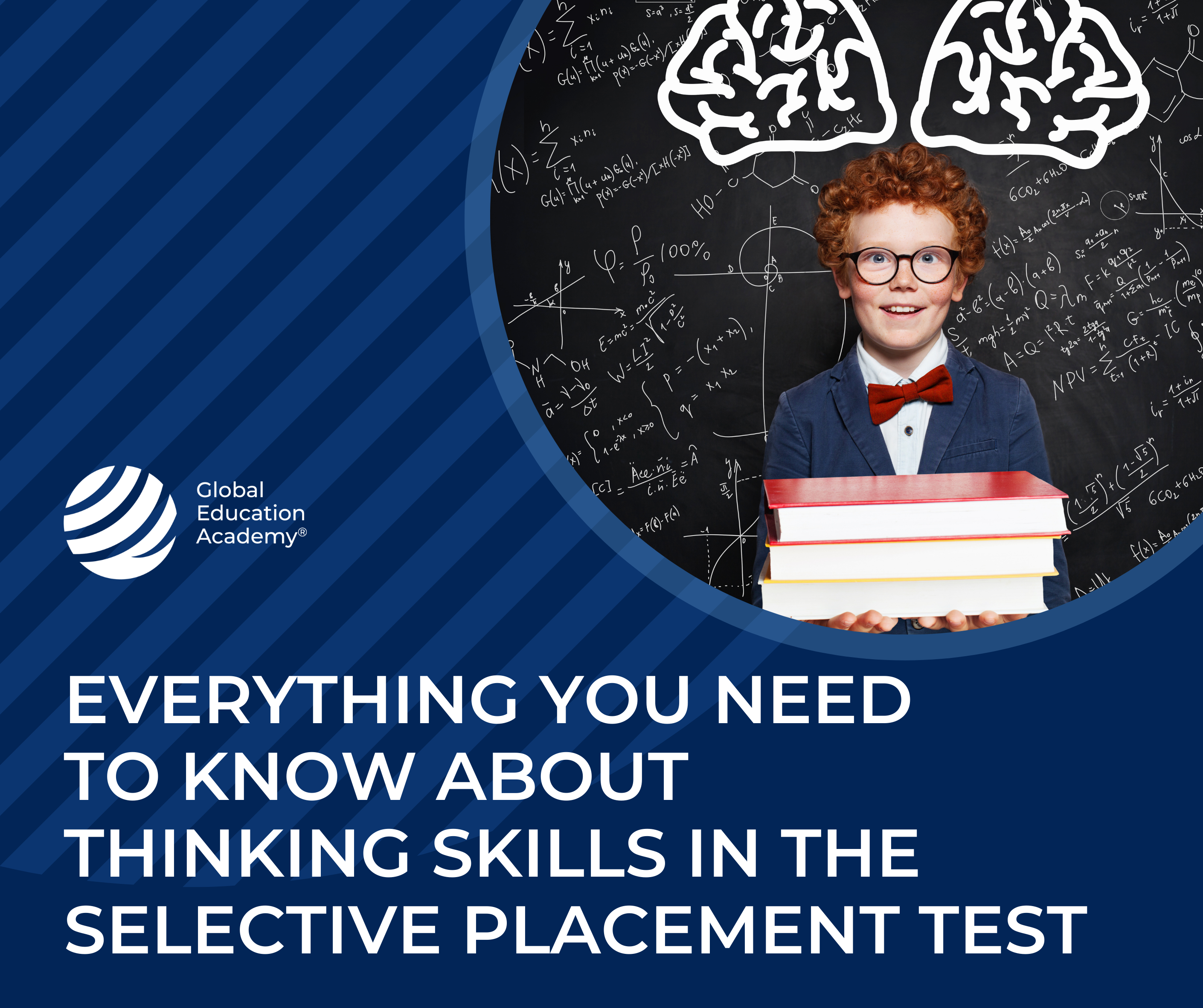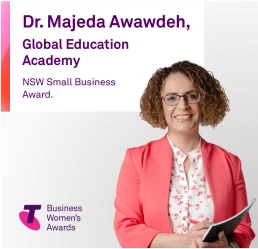
Every day, we are faced with various ideas, opinions and arguments. We have access to a wealth of information from which we decide what we think is true or false; reasonable or unreasonable.
Without even realising it, we put our thinking skills into action. When people share their opinions through conversation, when we watch the news, when we scroll through social media, even when we have heated discussions with our partner or children.
With every argument or position that is presented to us, our response is influenced by how strong we think that argument is. How do we make that judgement? Through critical thinking.
In the same way, problems (big or small) appear even in the most uneventful of days. For example, imagine you need to pick up your child from school within the next 15 minutes, you’re still 15 minutes away but don’t have enough petrol in the tank to get you there. What do you do? It’s simply another problem that needs solving. Again, thinking skills are at play.
You can see why recently, there has been a greater focus on assessing thinking skills during schooling years, especially in the Selective Placement test. These are essential skills for all people from all walks of life.
Thinking skills is the broad term used for the mental activities you use to process information, connect concepts, and make decisions.
We all have thinking skills and use them to some degree every day. However, this does not mean we use them effectively. Like any other skill, we can further develop our thinking skills.
According to the NSW Department of Education, thinking skills set a foundation for lifelong learning and are crucial for success in the 21st century.
Thinking skills range from learning and recalling facts through to more complex skills such as analysis and problem solving. The Cambridge thinking skills framework consists of two key elements:
So, how do you know whether your child has the thinking skills they need for success at school and in the real world? You test them.
“It is the mark of an educated mind to be able to entertain a thought without accepting it.” – Aristotle
Preparing for the thinking skills component of the Selective Placement test requires a strategic approach.
The thinking skills test assesses the student’s ability in critical thinking and problem solving. There are a range of different question types in the test covering logical reasoning, logical deductions, mathematical reasoning and non-verbal reasoning. For more information on the types of questions asked to assess thinking skills, read our previous blog ‘What are thinking skills? Why are they tested in Selective and OC Entry Tests?’.
The NSW Department of Education notes that no previous knowledge is required for this test. However, practising how to answer the different types of questions is key to developing thinking skills.
Placement test question examples
Here are a couple of examples of the types of questions to expect from the Selective Placement thinking skills test:
Example Question 1
When Tom told Aida that he was thinking of giving up his hobby of drawing to focus on becoming an engineer, Aida said: “You don’t need to give up a hobby like drawing just because you want to work in engineering. It’s good for you to have hobbies. They help keep you happy and relaxed so you can also study harder.”
Which one of these statements, if true, most strengthens Aida’s argument?
A Artistic or creative skills are seen as important skills for engineers to have.
B Tom’s latest school report said that he wasn’t studying hard enough.
C Tom’s school encourages its students to have at least one hobby.
D Learning to draw well also often takes hard work and concentration.
Answer: A
Example Question 2
The children Anita, Brian, Eric, Lee and Zara are all in one family. Lee is 1 year younger than Eric. Brian and Eric are twins. Anita is 3 years older than Lee. Brian is 8 years old. Zara is older than Eric, but younger than Anita.
Only one of the following sentences is true. Which is it?
A Eric is 11.
B Anita is 2 years older than Zara.
C All the children are 8 or older.
D Anita is 10.
Answer: D
****
Were you able to answer the above questions correctly? As you can see, it requires active thinking to answer these types of questions!
The best way for your child to confidently answer thinking skills questions in the Selective Placement test is by empowering them with tools to thinking creatively and critically. Through our Selective Preparation Course, we help students build a solid foundation of thinking skills and teach them how to apply their thinking skills under exam conditions.
If this is just what your child needs, book a Benchmark Assessment with us today for insight into your child’s current ability.







